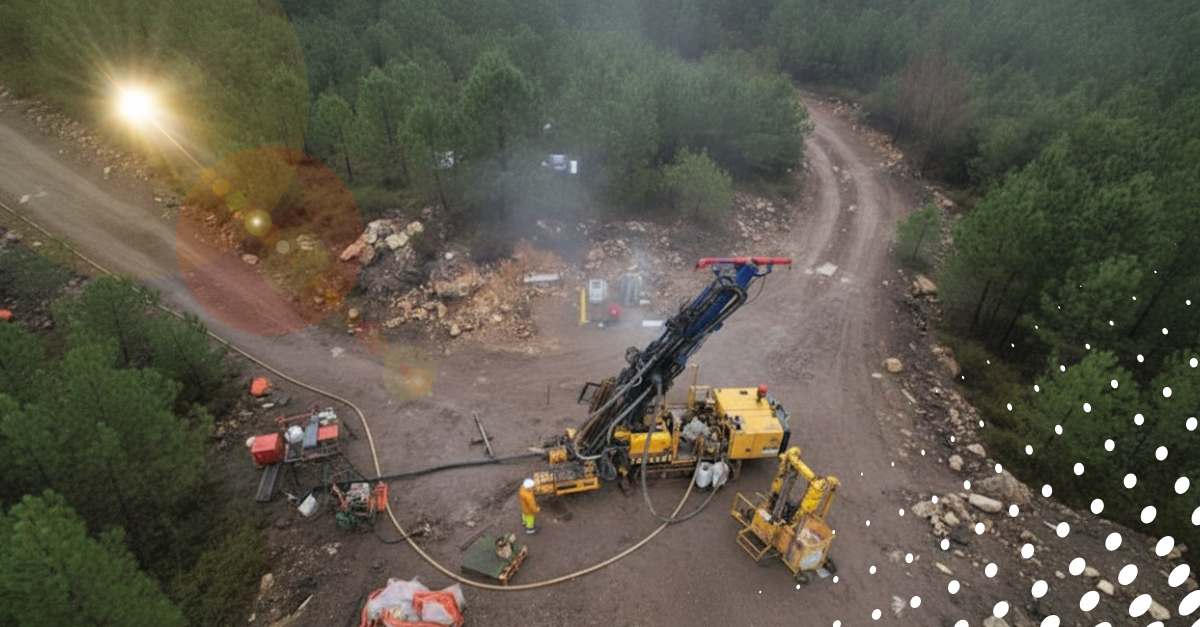As student-led pro-democracy protests sweep across Serbia, tensions between citizens and Brussels are deepening, exposing the European Union’s struggle to balance its democratic principles with its strategic green industrial ambitions.
The unrest, sparked by last year’s Novi Sad tragedy in which a newly built railway canopy collapsed and killed 16 people, has evolved into a nationwide movement demanding transparency and reform. But after nearly a year of demonstrations, violence erupted again this week — a shooting and arson attack outside the Serbian parliament left one person injured and further inflamed an already volatile political climate.
President Aleksandar Vučić has responded to growing dissent with increasingly aggressive rhetoric. Visiting a vandalised party office in August, he pledged to “act faster, stronger,” portraying the protesters as part of a campaign of “terror.”
Meanwhile, frustration with the EU is reaching historic levels. Serbia has been an EU candidate since 2012, but progress toward membership has stalled amid concerns about democratic backsliding, media repression, and ties with Russia and China. Despite these issues, Brussels continues to provide around €1.8 billion in annual funding through grants and pre-accession support.
The European Parliament recently passed a resolution condemning “state repression and political polarisation,” while Enlargement Commissioner Marta Kos described the violence as “deeply concerning.” But for many Serbs, such statements ring hollow. Public confidence in the EU has plummeted from 64% in 2020 to just 33% in 2025 — the lowest in the Western Balkans.
Analysts suggest that part of this disillusionment stems from the controversial Jadar Valley lithium mine, a cornerstone of the EU’s green transition strategy. Developed by Rio Tinto, the mine is projected to meet up to 90% of Europe’s lithium needs by 2028, supporting the bloc’s electric vehicle and renewable energy ambitions. Yet 63% of Serbs oppose the project due to environmental and agricultural risks, seeing it as a symbol of EU-backed exploitation rather than partnership.
Critics like University College London professor Eric Gordy argue that “the EU knows the project cannot succeed under a truly democratic Serbian government,” given the public’s strong opposition. The mine’s use of toxic sulphuric acid, in one of Serbia’s key farming regions, has only heightened fears.
Srdjan Majstorović of the Centre for European Policy in Belgrade warns that the EU’s hesitancy to confront Vučić’s increasingly authoritarian government risks alienating a generation of young Serbs who once saw Europe as a model of democracy. “The long-term viability of European interests in Serbia,” he said, “depends on democratic governance, not transactional politics.”
Without a change in tone, he added, the EU may soon face the sentiment voiced in a popular Serbian song: “Where were you when I was nobody… how can I trust you now?”

